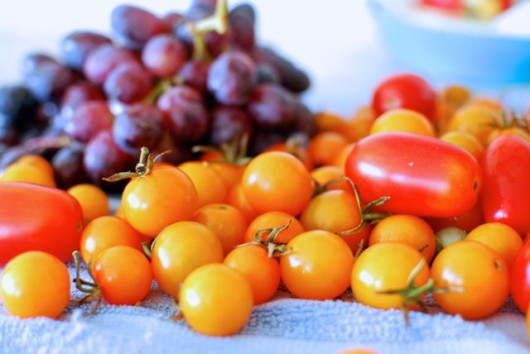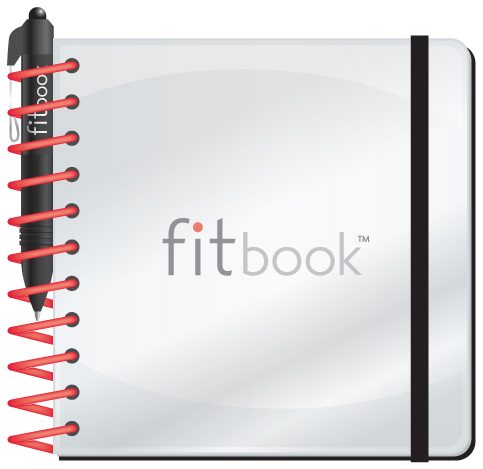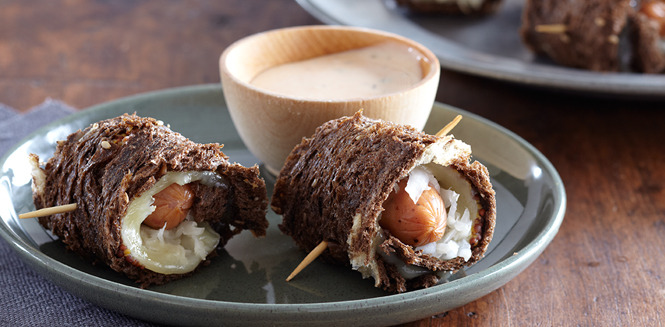After a season of cookies, fudge and egg nog, many of us are resolving to lose weight come January. Soon gym memberships will skyrocket and extreme diets will begin – but research shows that most people will have given up by February.
Let’s make this year different! How? By learning about calories. When you understand what calories are, you suddenly have the power to make small changes throughout your daily routine to reduce them, which can lead to long-term weight loss success. Here are some basics to get you started.
What are calories?
Calories are the form of energy the body uses to function. Every individual needs a specific number of calories for her body to carry out normal processes like breathing, heart beating, digesting, thinking, and all forms of body movement including exercise.
What nutrients have calories?
There are only four nutrients in food that contain calories, and each of them has a certain number of calories per gram. They are:
- carbohydrate (4 calories per gram)
- protein (4 calories/gram)
- fat (9 calories/gram)
- alcohol (7/gram)
Most foods are combinations of these nutrients. For example, a piece of wheat bread is a mixture of carbs, protein, and fat. A light beer is a mixture of carbs & alcohol. A chicken wing is mostly protein & fat. Your body needs each of these nutrients (except alcohol) in order to function.
How can understanding calories help me lose weight?
If you want to lose weight, you have to eat fewer calories or burn off more calories by exercising – or both. Doing both is the easiest & healthiest way to lose weight.
How many calories do you have to cut out to lose one pound?
3500 calories. Sounds like a lot but they add up fast. If you cut 500 calories from your daily intake, you will lose 1 pound in a week (500 x 7 days = 3500), 4 pounds in a month and 52 pounds in a year. If you cut 250 calories from your daily diet, you’ll lose about half this much (but you might be even more likely to maintain your weight loss, since your changes will require less effort).
How many calories should I aim to cut?
A good goal is to lose about 0.5-1 lb per week (reducing calories by 250-500 per day) until you reach your goal weight. If you reduce your food intake by a little (e.g. switch to coffee from flavored lattes, saving ~200 calories) and up your activity by a little (walk 2 miles = burn 200 calories), you can lose weight without feeling too burdened. And your changes are likely to last.
Trying to cut more calories than this might lead to more weight loss in the short term, but you’ll gain the weight back the moment you return to eating more.
What are the best ways to reduce calories?
- Drink calorie-free beverages. Get rid of the juice, soda, sweetened coffee, vitamin waters, etc.
- Reduce alcohol intake. Wine, beer, and cocktails provide us with tons of empty calories. Keep drinking to a minimum and the weight will come off easily.
- Snack on veggies and fruits. Anytime you replace a food with veggies and fruits, you’ll by default reduce calories. Switch from chips, crackers, nuts, cheese, etc. to produce and you will lower overall calorie intake.
- Cut back on sugar. Not just desserts, but sugar in coffee, sweetened yogurt, sauces, and condiments.







5 Comments
shelley
January 1, 2013 at 11:08 pmWhat a well-written, concise explanation. I think this key information eludes most people, because it’s always surrounded by other complicated science. Cut 3500 calories=lose a pound…now which 3500 should I cut…? 🙂
val
January 2, 2013 at 11:10 amThis is such a great post!
Amelia
January 2, 2013 at 11:40 amThanks!
Janette Redd Williams
January 29, 2013 at 10:04 amAmelia, don’t you think the composition of calories is important too? New research is showing that it’s not just calories in, calories out.
Amelia
January 29, 2013 at 12:33 pmAbsolutely. A whole foods, plant-based diet is the best for overall health, and for weight loss. By default, plant-based diets focusing on lots of fruits & vegetables will be lower in calories and will thus promote weight loss. Processed foods and “junk food” tend to be very calorie-dense, not very satiating, and do not encourage weight loss.
Quality of calories matters, but not as much as reducing calories in general, so a person should start slowly from wherever they are now.